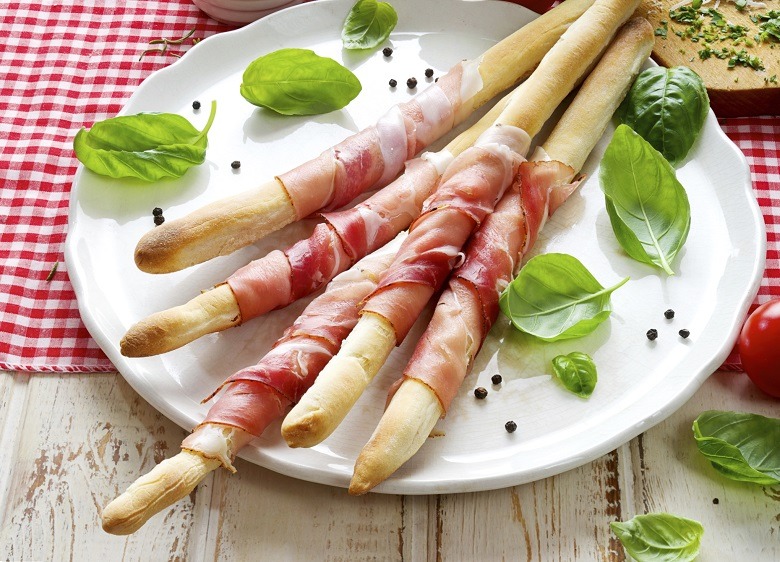
Meat and cold cuts in the Mediterranean Diet
People often think of the Mediterranean Diet as a mostly vegetable diet. Actually, animal products are abundantly present, and also meat and cold cuts have a precise role in the food pyramid. But let´s look closer at this lifestyle, which has ranked on the World Heritage list, and what are its typical foods.
When we talk about the Mediterranean Diet, we cannot avoid thinking about extra-virgin olive oil, fish, pasta and bread, fruits and vegetables, legumes; but also eggs, meat, cheese, red wine, which have always been present in the tradition of Mediterranean basin´s populations. The main feature of this world´s excellent diet is in fact the presence of every food type, without any exclusion. And this is why Mediterranean Diet is the most varied diet, and especially the most complete and balanced from the nutritional point of view.
Fruits and vegetables are at the bottom of the food pyramid, since we should eat them in the biggest proportions in our diet, with 35 servings/week. It is important that they are fresh and seasonal, giving water, mineral salts, vitamins, fibers, essential to wellbeing. Next in the food pyramid are grains, such as bread, pasta and rice, which with their 33 weekly servings provide mostly complex carbohydrates, indispensable energy for all life processes. Whole grains further raise fiber intake, important for proper digestive function.
However, we need to keep in mind that we should not eat more that 25g of fibers/day, not only to avoid overloading our intestine, worsening conditions such as irritable bowel syndrome (IBS) or colitis but also to avoid losing too many important nutrients, since fibers limit their absorption and bioavailability. For this reason, no food can be over-consumed and the Mediterranean Diet in this way represents the perfect synthesis of different foods and in balance with each other.
In the third section of the food pyramid we find seasonings and healthy fats, such as extra-virgin olive oil, the icon of the Mediterranean Diet, which has been around for thousands of years in all the Italian, Greek and Spanish dishes. Thanks to the high amount of monounsaturated and polyunsaturated fats, extra-virgin olive oil lowers blood levels of “bad” cholesterol and thus reducing the risk of cardiovascular diseases. But we should not over-consume it and to take advantage of all its qualities it would be preferable to consume it raw.
To follow, we find milk and dairy products with 18 servings/week and lastly, on the top of the food pyramid, there are protein-rich foods: legumes, white meats, fish and shellfish (3 servings/week), eggs 2 times/week, red meat and cured cuts twice and once a week respectively, for a total of 14 servings from Monday to Sunday. Therefore, animal products complete this diet making it well balanced, thanks to the harmonious synergy of high-quality animal proteins and vegetable products.
Susanna Bramante
Susanna Bramante is an agronomist and scientific writer, author and co-author of 11 scientific publications and numerous articles on human nutrition and its impact on health and environment. In 2010 she received the title of Doctor Europaeus and PhD in Animal Production, Health and Food Hygiene in countries with a Mediterranean climate.





